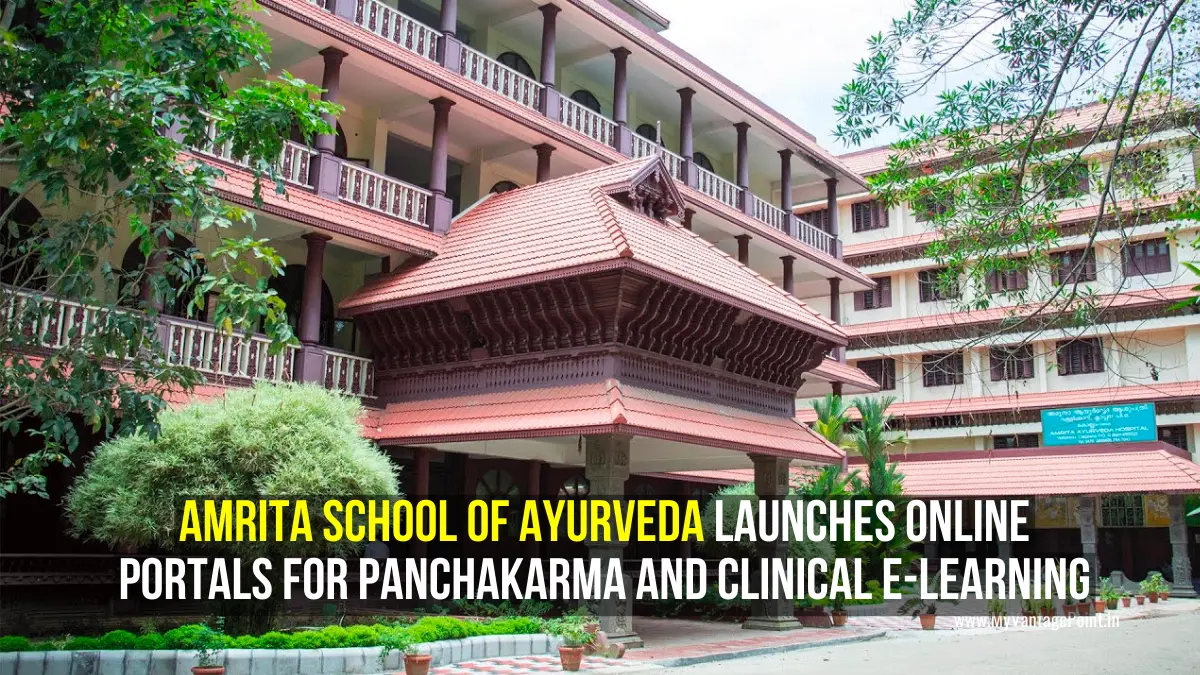The symptoms of colorectal cancer and piles such as constipation and blood in the stools overlap and the cancer is mistaken as piles
Colorectal cancer is cancer that starts in the colon or the rectum. In simple language, it is the cancer of the large intestine.

The polyps (mushroom-shaped swellings in the inner wall of the colon/rectum) that can turn into cancer can be found and removed if detected in its early stages.
It is the need of the hour to be watchful of the symptoms, and seek immediate medical attention.
What is Colon Cancer?
Colorectal cancer, also known as colon or rectal cancer starts as a growth on the inner lining of the colon or rectum.
These growths are called polyps. Some types of polyps can change into cancer over time (usually many years), but not all polyps become cancer.
Several factors such as the lack of physical activity, smoking, drinking alcohol, a diet low in fresh fruits and vegetables, being overweight, family history, being older (over 50), inflammatory bowel disease, Crohn’s disease and ulcerative colitis can raise the risk of colorectal cancer
The symptoms of colorectal cancer and piles are overlapping with each other. If you notice symptoms like constipation, blood in the bowel movements, rectal bleeding, stomach or frequent gas pain, black or dark-colored stool or weakness, then instead of dismissing as piles, (get the diagnosis confirmed by visiting a Proctologist Colorectal Surgeon) and if need be hen get a colonoscopy done as it can help detect the underlying cause based on the symptoms.
If something abnormal is spotted then a small tissue sample is collected and sent to laboratory for testing under microscope.
This is called biopsy. Once, the diagnosis of colorectal cancer is confirmed, the treatment depends on the stage, location and overall health of the patient.
However, treatment options can include surgery, chemotherapy, radiation, and targeted therapy. Remember early detection is the key to cure it.
Today, not only older adults but even youngsters are diagnosed with colorectal cancer. Due to erratic schedules, faulty eating habits and hectic lifestyles, youngsters who are always on the go, tend to ignore symptoms such as constipation or bloody stools that become fatal later.
It is imperative to seek the help of the doctor who specializes in this field for a correct diagnosis and a proper line of treatment.
Precautions
To lower your risk of colorectal cancer, eat a diet rich in essential vitamins, minerals, and antioxidants. Opt for fruits and vegetables.
Avoid alcohol intake and smoking. Not only this, but you must also stay physically active by exercising on a daily basis.
Remember to speak to your doctor before starting any exercise regime. Maintain a healthy weight to lead a quality life.
Do not indulge in junk, salty, spicy and oily food, especially those which have preservatives in them. And if you have a family history of colorectal cancer, then for sure get yourself screened.
by Dr Pravin Gore, Colorectal Surgeon, Apollo Spectra Hospital, Mumbai.


















